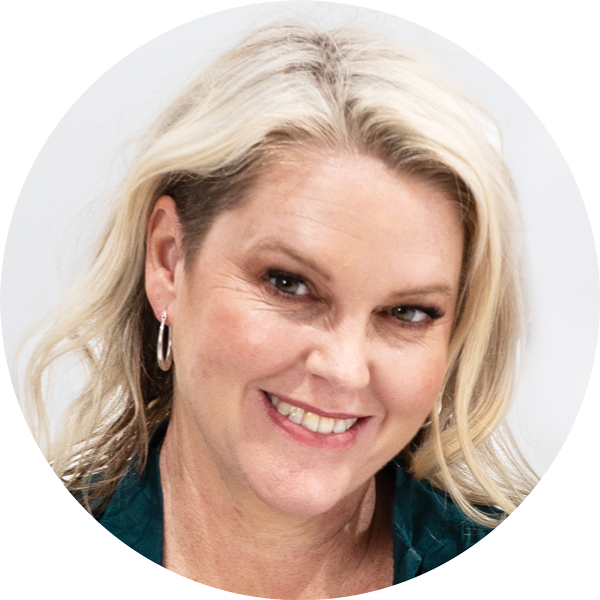Physical, emotional & mental support in motherhood by Lael Stone & Bernadette Lack
Transforming Motherhood
Modern Western culture has lost sight of the rites of passage and rituals around motherhood. With this, we have lost the ways we nurture women into motherhood and support them physically, mentally and emotionally throughout parenthood. For many of us, the village has all but disappeared.
We’ve created Motheration as the compassionate village that is often missing. We’re here to help you heal and create a powerful, memorable motherhood whilst raising resilient children.
Our courses are designed to meet you at every stage of your parenting journey from early postpartum to raising teenagers. This is the knowledge and guidance to nurture and connect with yourself as a mother. Learn to meet your own needs and those of your family in a way that feels right for you.
Our Programs



Meet Lael and Bernadette


Supporting mothers like you is our passion. We’re here to support you through your parenting journey and help you find joy, connection and compassion.